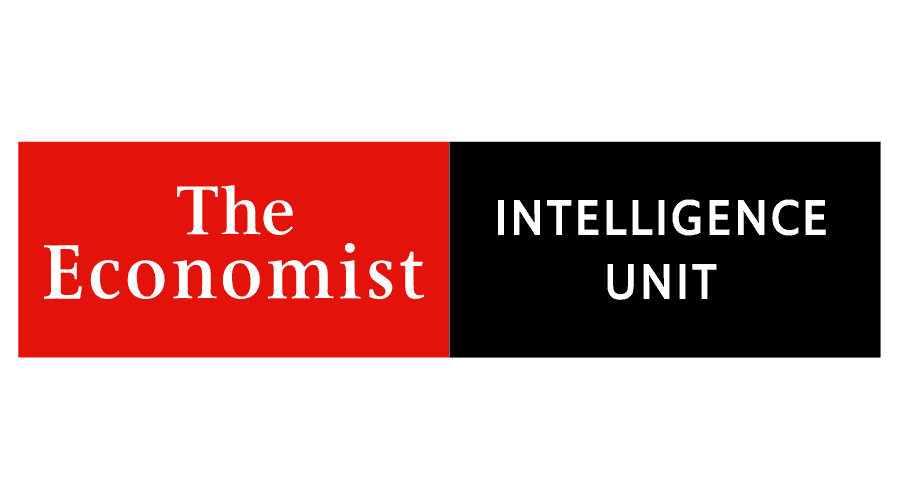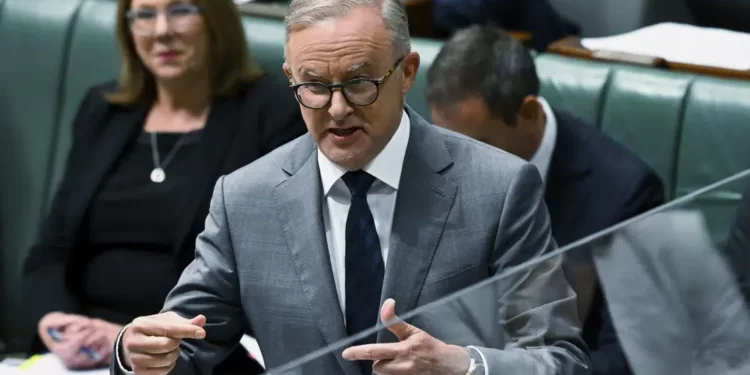The Economist Intelligence Unit (EIU) has projected that it expects government spending to fall as a proportion of GDP in 2022-23, before rising in 2024, driven by election-related outlays.
According to the EIU, this will push the country’s fiscal deficit down by 1.9 percentage points in 2022 as compared to the deficit recorded in 2021.
The EIU noted that spending will decline again in 2025-26 but remain high as a percentage of GDP as ongoing and planned infrastructure (mainly road and rail) development prevents further public spending cuts.
“We expect the fiscal deficit to narrow to 7.4% of GDP in 2022, from 9.3% of GDP in 2021, and then to expand again around the elections in 2024. The deficit will shrink to 4.8% of GDP in 2026, reflecting our core forecast that the Fiscal Responsibility Act (which limited fiscal deficits to 5% of GDP and has been suspended until 2024) will be re-imposed once election-related fiscal pressures abate”.
EIU
In its Five year forecast for Ghana, the EIU noted that government will remain heavily reliant on domestic borrowing in the near term, reflecting tightening external financing conditions. This, according to the Unit, is as a result of downside risks to future Eurobond issuances and accessibility stem from rising international bond yields in recent months (reflecting rising investor risk‑aversion).
Still on Fiscal Policy, the EIU indicated that the 2022 budget continues to prioritize strengthening economic diversification, infrastructure development, fiscal governance and public health.
“New tax measures, including a 15% increase in fees for government services, and the 1.5% e-levy on electronic payments (effective from May 1st) will boost revenue growth in 2022. A rise in global prices for oil and gold (major exports) will further support revenue in that year”.
EIU
However, it warned that in 2023-24, falling global prices for gold (in 2023-26) and oil (in 2023-26) will weigh on output and push down revenue as a percentage of GDP.
“With the Pecan offshore oilfield expected to come on stream in 2025 and gold output strengthening further in 2025-26, we expect revenue to rise again in those years. Tax revenue will remain high in 2022‑26, reflecting Ghana’s mostly steady economic growth.
“In late March, the Ministry of Finance announced additional public spending cuts in a bid to strengthen fiscal consolidation and restore investor confidence. The government had already announced a 20% reduction to discretionary spending in January. The latest retrenchment extends the cuts to 30%”.
EIU
Monetary policy
With regards to monetary policy, the EIU noted that the Bank of Ghana (BoG) increased the policy interest rate by 200 basis points, to 19%, at its May 2022 monetary policy committee meeting, following a 250-basis-point rate hike in March, in a bid to curtail rising inflationary pressures.
The Unit cautioned that the introduction of new taxes and soaring global commodity prices, spurred by supply-chain disruptions owing to the Russia-Ukraine war, will keep inflation elevated in 2022, eroding consumer confidence.
“We therefore, expect another rate increase by end-2022 (of 50 basis points), in a bid to push inflation towards the target range of 8% (plus or minus 2 percentage points) as the cedi continues to depreciate against the US dollar.
“This will be followed by another small rate rise in 2023, and then the rate will be held steady in 2024 as economic growth slows. In 2025-26, we expect further progressive monetary tightening, and the rate will increase to 21% in 2026”.
EIU
The EIU further indicated that Ghana’s economy relies heavily on output and exports from the hydrocarbons, gold and cocoa subsectors, exposing it to global trade headwinds. It noted that new oilfields will take time to develop and bring on stream. In terms of employment generation, the EIU stated that the services and agricultural sectors employ the majority of working Ghanaians.
READ ALSO: John Mahama Commends Minority For Becoming Immediate Hope To Ghanaians


















